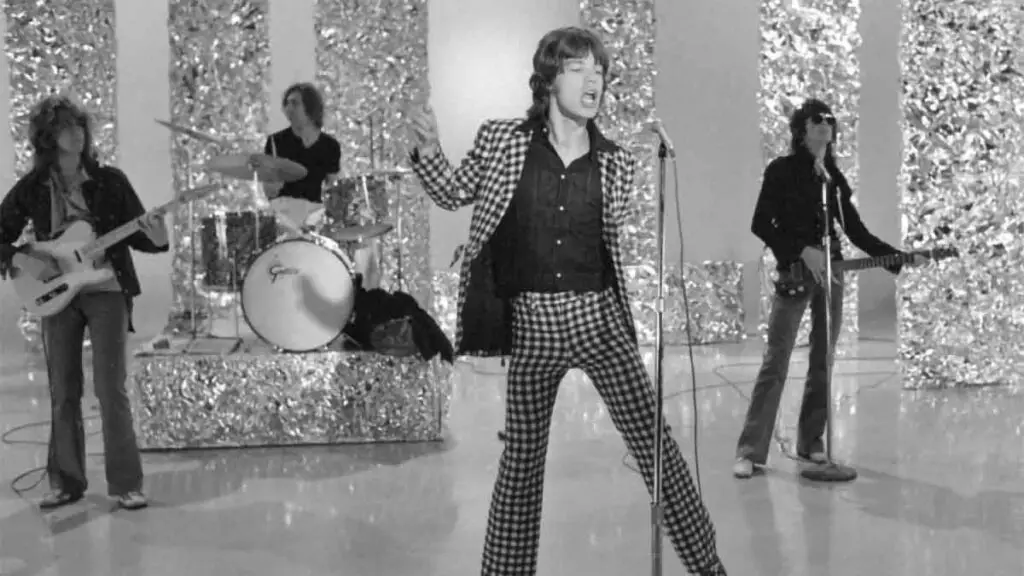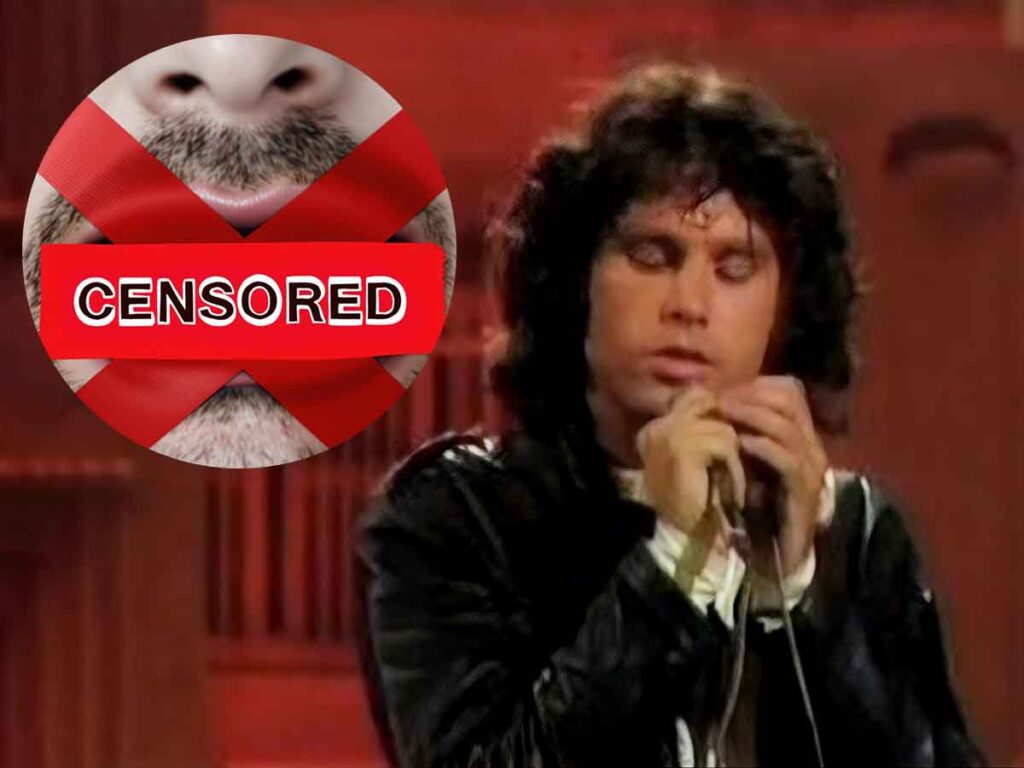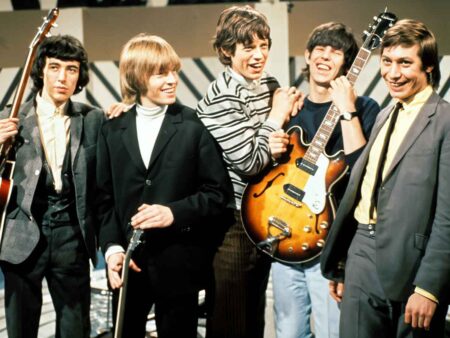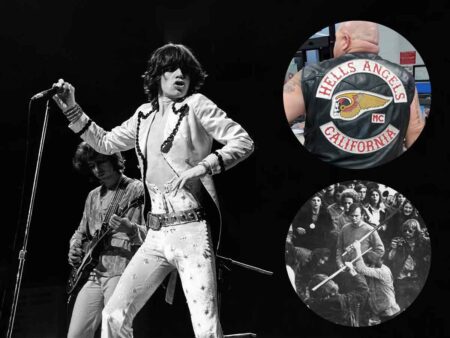The 1960s was a decade of cultural upheaval, and music was at the center of it all. Rock and roll wasn’t just about catchy hooks—it was a vehicle for rebellion, social change, and, occasionally, controversy. But as artists pushed boundaries, the gatekeepers of the airwaves pushed back.
Radio stations, government regulators, and even local communities fought to keep certain songs off the airwaves, fearing they would corrupt young minds or challenge social norms.
From the FBI’s bizarre investigation into “Louie Louie” to The Doors’ infamous lyrical battle over “Light My Fire,” the ’60s were rife with censorship battles that would shape music history.
The ‘Louie Louie’ Scandal: When the FBI Got Involved
In 1963, The Kingsmen recorded what would become one of the most famous garage rock anthems of all time—“Louie Louie.” But its road to fame was anything but smooth. The song’s slurred, nearly unintelligible lyrics led to rumors that it contained obscene content. Concerned parents and politicians demanded action, and soon, the FBI launched a full-scale investigation to determine whether the song violated federal obscenity laws.
Over the course of 31 months, the FBI analyzed the song, listening to slowed-down versions and requesting lyric transcriptions. In 1965, the Bureau concluded that the lyrics were “unintelligible at any speed” and therefore not obscene. Despite the ruling, several radio stations had already banned the song, reinforcing the power that local broadcasters had over what music reached the public.
The Doors vs. Censors: Changing ‘Light My Fire’
Few bands embodied countercultural defiance like The Doors. Their music was raw, poetic, and often laced with themes of sex, drugs, and existentialism. Their breakthrough hit, “Light My Fire,” became a lightning rod for controversy when it was set to be performed on The Ed Sullivan Show in 1967.
The network’s producers took issue with the lyric “girl, we couldn’t get much higher,” fearing it was a reference to drug use. They instructed Jim Morrison to change the line to something less provocative. While the band agreed backstage, Morrison defiantly sang the original lyric on live television, leading to The Doors being permanently banned from the show.
The Doors’ refusal to censor themselves set a precedent for artists pushing back against media restrictions.

The Rolling Stones and The Ed Sullivan Compromise
The Rolling Stones, another target of 1960s censorship, had their own brush with lyrical alterations on The Ed Sullivan Show. In 1967, they were asked to change the lyrics of their hit “Let’s Spend the Night Together” to “Let’s spend some time together.”
Unlike The Doors, Mick Jagger complied, though he made his feelings known by dramatically rolling his eyes during the performance.
While the Stones avoided being banned from Sullivan’s stage, the incident highlighted the tight grip television networks held over artists, especially when it came to preserving their family-friendly image.
The BBC and the Ban on ‘A Day in the Life’
Even The Beatles weren’t immune to censorship. In 1967, the BBC banned “A Day in the Life” from being played on the radio due to its perceived drug references. The line “I’d love to turn you on” was deemed too suggestive, despite The Beatles’ claims that it wasn’t about drug use.
The ban, later lifted, only fueled the song’s mystique, cementing it as one of The Beatles’ most iconic tracks.
‘God Only Knows’ and the Fear of Blasphemy
“God Only Knows,” released by The Beach Boys on July 11, 1966, was a beautifully composed ballad from the groundbreaking Pet Sounds album. However, despite its lush harmonies and heartfelt lyrics, the song was banned in some parts of the United States because of concerns over “blasphemy.”
At the time, mentioning the word “God” in a pop song was considered controversial. The songwriters, Brian Wilson and Tony Asher, had second thoughts about including “God” in the title and chorus, fearing backlash. Ultimately, they stood by their decision, and the song went on to become one of the most beloved tracks of all time.
The Legacy of ’60s Music Censorship
While many of these censorship battles seem almost laughable by today’s standards, they were significant in shaping the relationship between artists, media, and the public. The pushback against censorship in the ’60s helped pave the way for greater artistic freedom in later decades.
By the 1970s and beyond, artists were more emboldened to challenge societal norms, and radio stations became less restrictive. However, the fight over music censorship never truly disappeared. From the PMRC’s explicit content warnings in the 1980s to modern debates over streaming platform guidelines, the battle over what is acceptable in music continues to evolve.
What started as radio bans and lyric alterations in the ’60s laid the groundwork for the ongoing conversation about artistic expression and media influence—a conversation that still resonates today.




